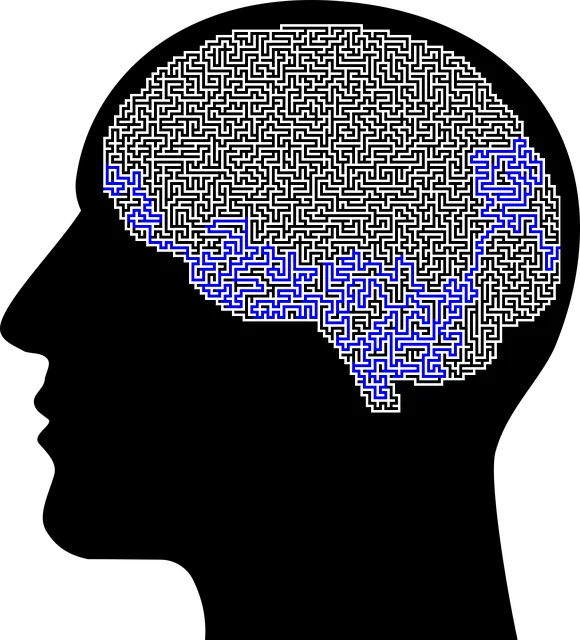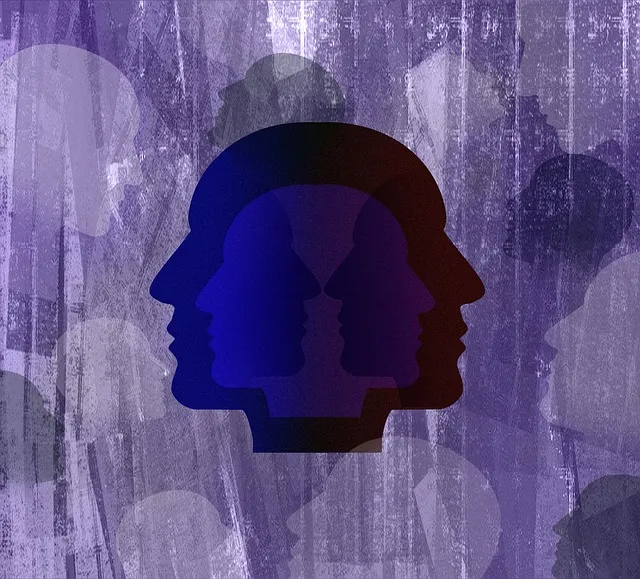Superior therapists at Kaiser create safe, inclusive group environments for mental wellness through skilled navigation of diverse personalities, structured activities like journaling and Mind Over Matter principles, open communication, and emotional validation. Their practices foster trust, empower members, enhance resilience, and promote individual well-being, as evidenced by positive feedback, stress reduction, and improved emotional regulation skills.
Mental wellness group facilitation is a powerful tool for fostering community and healing. This comprehensive guide explores effective strategies, from understanding complex group dynamics to engaging participants in meaningful activities. Learn how to create a safe space, manage challenging behaviors, and measure success, inspired by best practices from leading healthcare providers like Kaiser. Discover techniques that empower facilitators to support individuals on their journey towards superior mental wellness.
- Understanding Group Dynamics for Effective Facilitation
- Building Trust and Safety in the Therapy Room
- Engaging Activities for Mental Wellness Groups
- Addressing Challenges: Dealing with Difficult Behaviors
- Measuring Success: Evaluating Group Facilitation Techniques
Understanding Group Dynamics for Effective Facilitation

Understanding group dynamics is paramount for effective mental wellness facilitation. In a superior setting like Kaiser, facilitators must recognize that each individual brings unique experiences and perspectives, fostering an inclusive environment is crucial. By promoting active participation, validating emotions, and encouraging open communication, therapists can create a safe space where members feel comfortable sharing their stories and supporting one another. This dynamic interplay not only enhances the Mental Health Policy Analysis and Advocacy within the group but also contributes to Inner Strength Development among participants.
Group facilitation goes beyond mere conversation; it involves navigating complex emotional landscapes and facilitating meaningful connections. Skilled facilitators, akin to excellent therapists, employ techniques that encourage empathy, understanding, and self-reflection. Through structured activities and thoughtful debriefings, they help members cultivate Mental Health Awareness, fostering resilience and coping mechanisms in a supportive group setting. This collaborative approach ensures that each individual leaves the session with a deeper sense of belonging and empowerment.
Building Trust and Safety in the Therapy Room

Creating a safe and trusted environment is paramount for effective mental wellness group facilitation. When clients feel secure, they are more likely to open up, share their experiences, and engage in meaningful discussions. This fosters a sense of belonging and encourages emotional healing processes within the group setting. Facilitators play a crucial role in establishing this foundation by promoting active listening, empathy, and non-judgmental attitudes.
At superior institutions like Kaiser, well-trained therapists prioritize building inner strength development through structured activities and guided discussions. By fostering trust, these professionals create a space where individuals can express their challenges and celebrate victories without fear of stigma or judgment. This supportive atmosphere is essential for group members to feel seen, heard, and valued, ultimately enhancing the effectiveness of any community outreach program implementation.
Engaging Activities for Mental Wellness Groups

Engaging activities are key to fostering a supportive environment in mental wellness groups, encouraging participants to open up and share their experiences. One effective technique is incorporating Mind Over Matter Principles into interactive discussions. Facilitators can guide conversations around challenging negative thoughts and replacing them with positive affirmations, helping members gain insights into their mental health journeys. This not only promotes self-awareness but also builds resilience against stressful situations.
Additionally, mental wellness journaling exercises offer a private space for individuals to reflect on their emotions and thoughts. Facilitators can provide structured guidance on various journaling prompts, such as tracking moods, identifying triggers, or expressing gratitude. This practice allows members to process their experiences at their own pace while receiving support from the group dynamic, ultimately enhancing mental wellness outcomes, especially when coupled with superior therapy practices like those offered by Kaiser.
Addressing Challenges: Dealing with Difficult Behaviors

Facilitating a mental wellness group involves navigating diverse personalities and unique challenges. When participants exhibit difficult behaviors, it’s crucial to have strategies in place. Effective techniques, like those used by superior therapists at Kaiser, can make all the difference. These professionals understand that addressing these behaviors head-on is essential for creating a safe, supportive environment where everyone feels heard and respected.
Mental wellness journaling exercises and guidance on stress reduction methods can be powerful tools to manage disruptive individuals. Additionally, incorporating communication strategies allows facilitators to de-escalate tensions and foster open dialogue. By combining these techniques, group leaders can effectively handle challenges, ensuring every member receives the support they need to thrive in a nurturing and productive setting.
Measuring Success: Evaluating Group Facilitation Techniques

Evaluating the success of mental wellness group facilitation techniques is crucial to ensure that participants are benefiting from the sessions. This process involves a multi-faceted approach, as what constitutes success can vary greatly depending on individual goals and needs. One key metric is participant feedback, where positive changes in self-reported well-being, mood, and stress reduction methods are strong indicators of effective facilitation.
Additionally, tracking improvements in emotional regulation skills and increases in self-awareness exercises can provide quantitative measures of progress. Superior therapists at Kaiser, known for their high standards, often employ pre-and post-session assessments to gauge changes in symptoms and overall mental health. This data not only helps in refining the group facilitation techniques but also ensures that participants are receiving top-tier care tailored to their unique needs.
Mental wellness group facilitation is a powerful tool, and by understanding group dynamics, fostering trust, and employing engaging activities, therapists can create a supportive environment. Techniques outlined in this article, including strategies for handling challenges and measuring success, equip professionals to enhance the therapeutic experience. With proper training and an evidence-based approach, like that observed among superior therapists at Kaiser, facilitators can effectively support group members’ mental health journeys.






